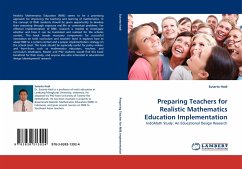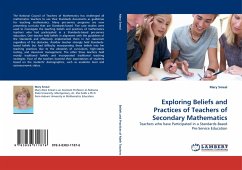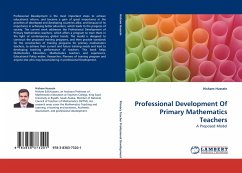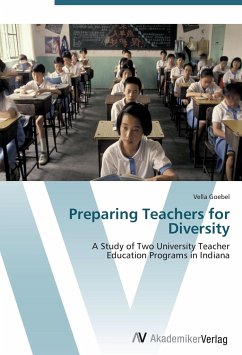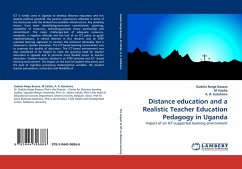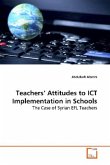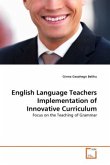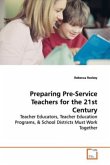Realistic Mathematics Education (RME) seems to be a promising approach for improving the teaching and learning of mathematics. In the concept of RME students should be given opportunity to develop their reasoning through exposure real-life or contextual problems. For effective implementation of RME, research is needed to investigate whether and how it can be translated and realized for the schools context. This book reveals necessary components for successful innovation on both curriculum and teachers' level. It explores how to adapt RME to a certain context and a proper implementation strategy on the school level. This book should be especially useful for policy makers and front-liners such as mathematics educators, teachers, and curriculum developers. Master and PhD students would find this book beneficial for their study, and anyone else who interested in educational design (development) research.
Bitte wählen Sie Ihr Anliegen aus.
Rechnungen
Retourenschein anfordern
Bestellstatus
Storno

